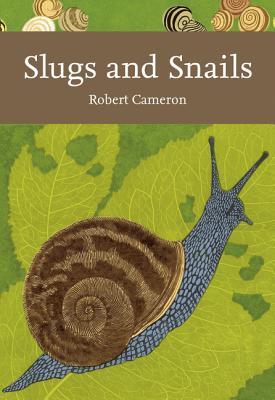
Part of Series
One of the aims of this series is to present a comprehensive survey of our natural history in relation to its background and environment. A first and vital consideration in a project of over fifty volumes is the study of man himself through the ages, against the very varied natural conditions afforded by the British Isles. A NATURAL HISTORY OF MAN IN BRITAIN is such a study. In the words of the editors, "we believe that it will contribute much to the outlook of man as one with nature, that alone can save our beautiful islands from wrongful changes, from the degradation and destruction which may result equally from unplanned development as from wrongly conceived planning." Surely no man, by academic training and subsequent studies, is so well fitted to undertake a review of this vast and complex field as Professor Fleure. His long association with the University of Wales at Aberystwyth and his later connection with the University of Manchester have given him distinctive viewpoints. It is now more than thirty years since he published his Human Geography in Western Europe and more than twenty years since, with the late H.J. Peake, he began that remarkable series of volumes, the Corridors of Time. We owe this book to a perfect combination of historian, anthropologist, geographer and naturalist. It is the fruit of a lifetime's gathering.
Author

Herbert John Fleure, FRS was a zoologist and geographer. He was secretary of the Geographical Association, editor of Geography, and President of the Cambrian Archaeological Association. He served as the President of the Geographical Association in 1948. Fleure was born in Guernsey, the son of Jean Fleure and Marie Le Rougetel. In 1897, he attended the University of Wales, Aberystwyth, where he founded the Student Representative Council. He graduated B.Sc. with first-class honours in late 1901 and was offered a University Fellowship. He went on to study at the Zoological Institute in Zurich, Switzerland. Returning to Wales, Fleure became Head of the Department of Zoology at Aberystwyth in 1908. He assisted Professor Patrick Geddes with the mounting of the Cities and Town Planning Exhibition in Dublin in August 1914. In 1917, he became Professor of Anthropology and Geography at the university, holding the post until 1930, when he became Professor of Geography at Victoria University, Manchester. He was made a Fellow of the Royal Society in 1936. Following his retirement in 1944, he was President of the Royal Anthropological Institute from 1945 to 1947. He was a founder member of the Guernsey Society, which was established in 1943 to represent the interests of the Nazi-occupied island to the British Authorities. After the war, he was a regular contributor to The Quarterly Review, as well as to The Guernsey Farmhouse, a book published by the Society in 1964 celebrating the ancient family houses in the island. He also authored biographies of several scientists including Arthur Robert Hinks, Alfred Cort Haddon, James George Frazer and Emmanuel de Margerie. From 1927 through 1956 he was the co-author of the ten volumes of The Corridors of Time by Harold John Edward Peake.


